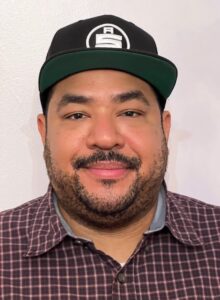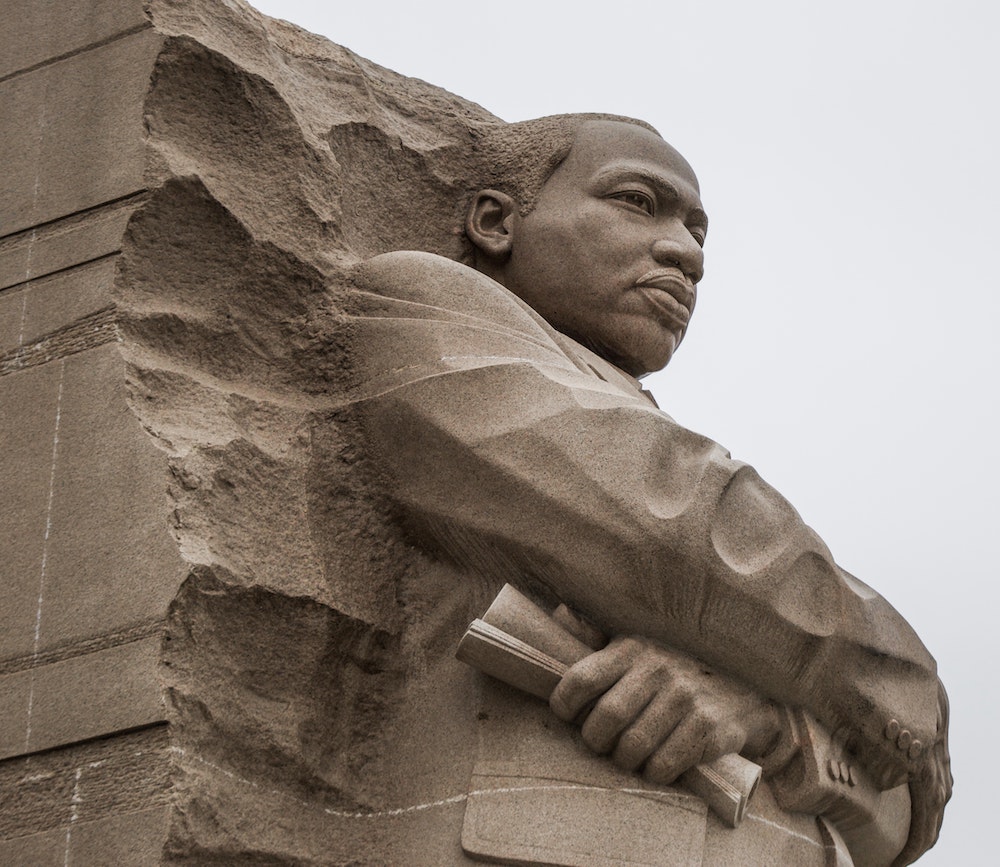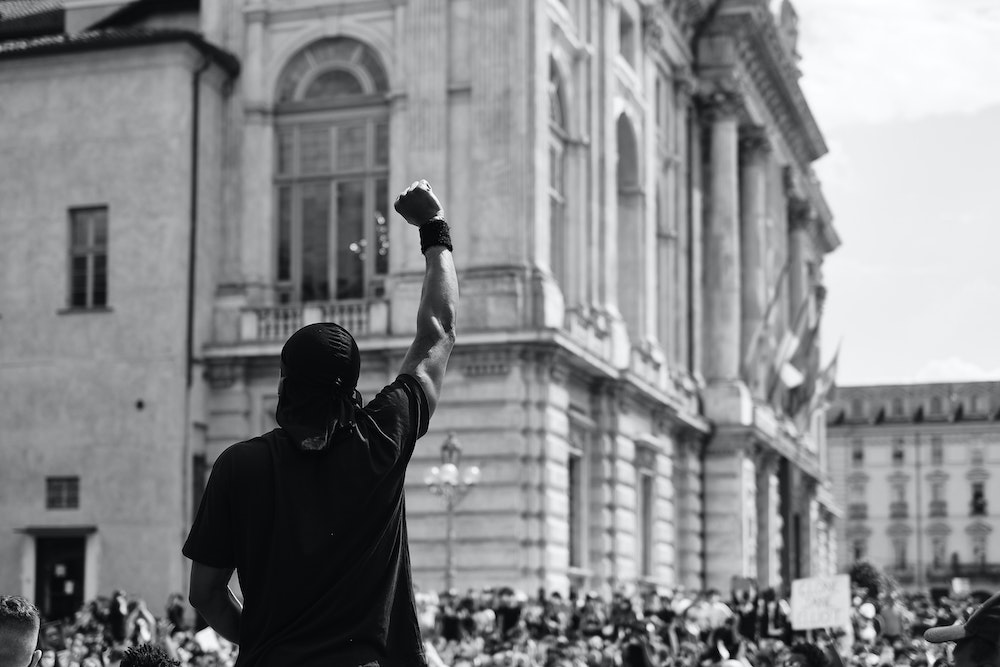Black Professionals & Entrepreneurs
- Bob Marley
You’ve worked so hard, at times even harder than others, to get where you are in life, but for some reason you still don’t feel like you’ve made it. At times, you feel powerless, voiceless, and alienated. You’ve achieved your career goals or are working towards them, but still feel like something is missing. You are experiencing loneliness and isolation because the external world doesn’t align with your reality, sense of self, and internal truths. I understand that success isn’t always sweet, especially when everything you’ve accomplished is stained by racism. It can feel lonely to be Black, a minority, or a woman, and successful.
There’s an overpowering voice in your head that says you can’t celebrate your successes. We still have a long way to go until we are all free, so how can you be at peace and proud of your accomplishments? Your cultural / personal life and professional life are at odds with each other. You’re straddling the line and feel like you have to choose. Do you question if your accomplishments help your community? Do you feel like being successful equates to selling out? Feeling guilty for not giving more to our community, or that we owe others, is common with BIPOC folks. We often have an internal struggle of community versus commerce and culture versus corporate. How can we have financial and career success and still be rooted in our community and values?
I work with Black professionals and entrepreneurs to help you find that inner peace and feelings of joy, pride, and freedom. I’ll help you let go of the worry and guilt so you can build the life you want to live. It is possible to be successful and be true to yourself and your cultural roots and identity. Oppression teaches us to believe that it’s not possible - that we have to sell out our community in order to be successful. When we start to believe that we can’t have both personal and professional success, the oppressors win. Therapy can teach you to love yourself, be proud of who you are, and celebrate your achievements. You don’t have to sacrifice joy to be successful.
Joy for people of color is an act of radical defiance.
Celebrate your accomplishments and be free.


BIPOC Therapy
Whether you’re struggling with anxiety, stress, depression, trauma, relationship issues, or your career, it’s important that you work with a therapist who not only understands what you’re going through, but has lived experiences dealing with the same issues. We’re learning that “cultural competency” is not enough. When you work with me, you’ll be able to express yourself in a truly safe space without fear of being judged. You don’t have to walk on eggshells when the issue of racism comes up, or worry that you’ll hurt my feelings or offend me. Although we may not have had the exact same experiences, we have collectively shared experiences as people of color. Having the freedom to express yourself fully is important when it comes to emotional healing and overcoming race-based trauma and racial inequality.
In therapy with me, you can breathe and be yourself. Let me help take the mental weight off of your shoulders so you can tap into and harness your power. That relief will empower you to do more and reach your highest potential. Unity is strength, together we can rise above.
Ready to discover your inner strengths?
Impacts of Racism on Mental Health
Racism is pervasive in our society. From police brutality, to personal relationships, to microaggressions in the workplace, racism and systemic oppression are a part of reality. But that doesn’t mean you are helpless. You have the power to love yourself, take control of your life, and be happy.
 Society is anxious about you, so how can you not be anxious, defensive, and affected by this reality? People are either scared of you or scared about shifting power away from the status quo, which in turn demoralizes us. It can lead to BIPOC having low self-esteem, depression, and anxiety. We’ve been programmed to behave a certain way and to believe certain things about ourselves and we don’t even realize it’s systemic racism, which leads to internalized oppression. We unknowingly and unwillingly play into the hands of the oppressors. That’s why taking care of our mental health is vital and important to our overall well-being and quality of life.
Society is anxious about you, so how can you not be anxious, defensive, and affected by this reality? People are either scared of you or scared about shifting power away from the status quo, which in turn demoralizes us. It can lead to BIPOC having low self-esteem, depression, and anxiety. We’ve been programmed to behave a certain way and to believe certain things about ourselves and we don’t even realize it’s systemic racism, which leads to internalized oppression. We unknowingly and unwillingly play into the hands of the oppressors. That’s why taking care of our mental health is vital and important to our overall well-being and quality of life.
We can’t change the world we live in overnight, but we can take charge of our emotional and mental health. That’s where I step in. I’ll help you figure out how to make this life we were given work... It's not our fault. It’s not accidental. It’s intentional oppression. We are taught to act a certain way and we have to unlearn that before we can accept what is and who we are.
Racism and systemic oppression are a reality that affect our mental health, whether we realize it or not. Even if you don’t have a diagnosable mental health condition, it’s helpful to talk to a mental health professional about being a person of color. Therapy teaches you to love yourself and be confident in your own skin. You learn what aspects of life we have to live with, and what aspects are unacceptable.

Being Black in a Professional World
It’s not easy being Black and successful. The corporate and professional world is often dominated by white people. When you’re the only black person at work, you don’t always know whom to trust. It can feel isolating and powerless to be the only Black person or person of color (or one of the few) at work.
Do you feel like you can’t express your professional needs or inner desires? When people of color are faced with microaggressions in the workplace, there’s often no outlet to address it. We are told to ignore them and internalize the pain. You’re told to keep quiet to keep the peace. You don’t have the privilege to say what you want or fully express your needs. Even now as people are becoming more “woke” and aware of systemic racism, you feel that you can’t express your pain and hurt. Overtime, you begin to internalize other people's ideas that you are not worthy or are undeserving of your success, even if you have the credentials and work experience that proves otherwise.
In therapy, I can teach you how to prevent being resentful, express yourself clearly at work, and set clear boundaries. When conflict arises, you don’t have to suffer quietly. It is possible to express your pain and embrace who you are, while still being professional.
- Ralph Waldo Emerson

Systemic Racism and Depression
Systemic racism and oppression are a constant reality for people of color. Even if it doesn’t blatantly or directly affect your day to day life, it weighs heavily on our mental and physical health. Over time that systemic racism and oppression turns to anger, self-hatred, and depression. Any type of racism (from systemic oppression to microaggressions to internalized racism) can cause trauma and can lead to anxiety and depression.
Having a therapist who understands the Black/Minority/BIPOC experience is crucial to healing and overcoming life’s challenges, especially when it pertains to the racial trauma we all endure. Mental health issues are often misdiagnosed because of biases and a lack of personal experience as someone on the receiving end of racism. It is common for symptoms of depression to be overlooked among Black/African American people in particular.
And wash away like memories, as if they weren't there at all
Like broken limbs of trees that's lost its leaves to Winter's wind
Spring will come again"
- Pharoahe Monch, “PTSD”

Racial Inequality & Stressors
 The anticipation of racism can lead to increased stress and anxiety for BIPOC folks. Every time one enters a new environment, we have to think about how we will be perceived and received. Whether you are starting a new job, meeting the in-laws, or traveling, we carry the weight of centuries-old racism on our shoulders, which can take a toll on our health.
The anticipation of racism can lead to increased stress and anxiety for BIPOC folks. Every time one enters a new environment, we have to think about how we will be perceived and received. Whether you are starting a new job, meeting the in-laws, or traveling, we carry the weight of centuries-old racism on our shoulders, which can take a toll on our health.
Systemic racism is real and a major contributor of stress and anxiety for people of color. No matter how successful you are, systemic racism has ingrained and can instill within us this idea that we’re never good enough. Being considered “successful” while being Black in a systemically racist society means you have to work harder and do better, otherwise you’re not good enough to be considered legitimate and have credibility. Do you struggle with imposter syndrome? Do you feel pressured to break the cycle of generational poverty? Do you have to be the pioneer to change things for yourself or your community? We keep reaching and striving for greater success, which can come at the expense of personal fulfillment and satisfaction. When will your achievements be “good enough”?
We don’t often have the opportunities nor given the space to talk about these feelings and issues. We carry around the emotional burden of systemic racism and the pressure to do and be more, which intensifies stress and anxiety. Therapy can provide a safe space to help normalize your feelings, unload years of internalized oppression, and fully be your true authentic self. I personally know what it’s like to carry the weight of racism on your shoulders, and I also know the healing power of letting it all go. You can move forward with your life, feeling lighter with fewer burdens and feelings of guilt. I provide a safe space to untangle the complicated feelings surrounding racism, community, survivor’s guilt, and success. Learn to be free from stress, less anxious, and at peace.

Race-Based Trauma
Being BIPOC in a white dominated and centered world is traumatic in and of itself. Racial discrimination, prejudices, and biases negatively affect our mental and physical health. Black Americans face the highest levels of racial discrimination and systemic oppression compared to any other group. Black women, Black trans-women, and Black disabled people face even greater discrimination.
Racial trauma can have a negative effect on physical health as well as mental health:
- Physical pains
- Cardiovascular disease
- Hypertension
- Respiratory complications
- Digestive issues
- Weight gain/weight loss
- Stress
Your therapist shouldn’t increase your race-based trauma, but instead help reduce it. That’s why it is imperative to talk to a therapist who truly understands what it means to be a person of color in America. While I can’t erase racism or the effects of it totally, I can help you process what you’ve been through. We can help normalize it, then rise above it. Even though we live in a racist world, it doesn't mean we have to suffer through it constantly. I will give you tools to cope and manage oppression and microaggressions we face on a daily basis.

I Believe in You
You are tired of being traumatized by this racist world we live in. Your therapist shouldn’t add to that. As a Jamaican Asian therapist, I understand what it means to be Black, to be perceived as Black, and to straddle different spaces, communities, and wanting to belong.
 The power of one can’t be underestimated. Oppression starts with making you believe you CAN’T. The first step to overcoming oppression is believing in yourself and having the belief that YOU CAN. Remember: wherever you are - YOU ARE IN THE ROOM. YOU ARE SOMEONE. YOU ARE SOMEBODY. YOU COUNT. One is powerful enough to take over the masses if that person believes in oneself enough.
The power of one can’t be underestimated. Oppression starts with making you believe you CAN’T. The first step to overcoming oppression is believing in yourself and having the belief that YOU CAN. Remember: wherever you are - YOU ARE IN THE ROOM. YOU ARE SOMEONE. YOU ARE SOMEBODY. YOU COUNT. One is powerful enough to take over the masses if that person believes in oneself enough.
I believe AND KNOW it’s possible to belong to two worlds, to be successful, and continue to be rooted in your culture and community at the same time. You have the power to break the patterns of self-doubt. I can help you. We can do this together.

While we can’t change our circumstances or the color of our skin, we can change how we feel about ourselves.

- Pharoahe Monch, “Stand Your Ground”
